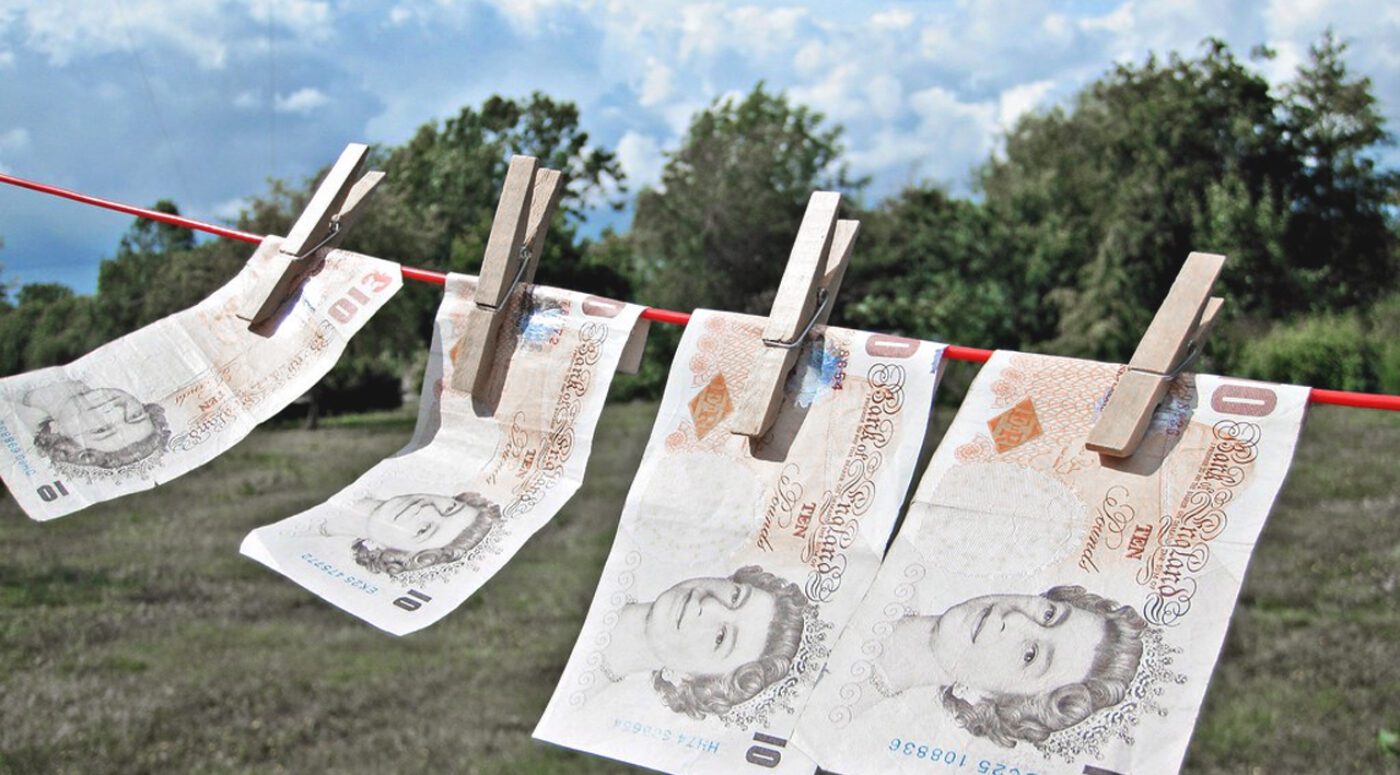

Have you been served with an unexplained wealth order? If so, you might be asking yourself what an unexplained wealth order is and what it means for you going forward. You probably need advice on what counts as unexplained wealth, and what your options are for challenging such an order. This article explains this new and complex area of law clearly and succinctly, giving you everything you need to understand the impact of such an order and how you might be able to challenge it.
What is an unexplained wealth order?
Unexplained wealth orders are a civil action that can be brought by prosecuting authorities such as the Director of Public Prosecutions, the Serious Fraud Office, the National Crime Agency, HM Revenue and Customs, the Crown Prosecution Service, and the Financial Conduct Authority. Unexplained wealth orders were introduced into UK law in January 2018 by the enactment of the Criminal Finances Act 2017.
According to Home Office Guidance, unexplained wealth orders aim to assist prosecuting authorities to obtain evidence in respect of potential money laundering and proceeds of crime offences, and to support the case for civil recovery. High net worth individuals are often the subject of unexplained wealth orders, as are companies and trusts. It is important to be aware that the information provided by the owner of the allegedly unexplained wealth in response to the order can be used subsequently in criminal investigations. These investigations might relate to the person who received the order, but could also be directed at their associates.
Unexplained wealth orders are brought in relation to specific pieces of property, rather than in relation to a person’s overall wealth. If you are served with an unexplained wealth order, you will be required to explain to the court your financial interest in the property, how you came about the money to purchase the property, and any other information in connection with the property that is specified. You may also be required to produce documentary evidence of these matters. If you do not provide this information within the specified time, your property will be deemed recoverable under the Proceeds of Crime Act 2002 and will be seized by the state.
If you do provide the information requested, it is possible that an interim freezing order will be served upon you. This order would prevent you from undertaking any further dealings in relation to the property until a decision has been made by the authorities. A decision must be made within 60 days of the date that you provided the information. The court has the power to make allowances within the interim freezing order to allow you to meet the costs of legal representation and living expenses. As these court proceedings are often complex and they could lead to criminal proceedings being instigated against you, or those close to you, it is advisable to obtain the advice of a specialist criminal defence solicitor as soon as possible.
Making false or misleading statements in response to an unexplained wealth order is a criminal offence that can be punished by a prison sentence of up to two years.
What counts as unexplained wealth?
An unexplained wealth order can be brought in respect of any ‘property’ – it does not just cover buildings and land. ‘Property’ can mean anything with financial value, whether tangible or intangible. The property can be located anywhere in the world, and it must be worth more than £50,000. Its owner may be resident in the UK, or they may be elsewhere in the world.
The property must be owned by a ‘politically exposed person’ or a person whom is reasonably suspected of being involved in serious crime (whether in a part of the United Kingdom, or elsewhere).
A politically exposed person is defined as a person who is or has been entrusted with prominent public functions by an international organisation or by a State other than the United Kingdom or another EEA state, or a family member or close associate of such a person. Serious crime includes offences such as:
- trafficking
- movement of firearms
- money laundering
- bribery
In bringing a case, the prosecuting authority must satisfy the court that the respondent’s lawfully earned income would have been insufficient to purchase the property. Unexplained wealth orders can also be served on companies or trusts if they are connected to a politically exposed person or someone suspected of serious crime.
Because unexplained wealth orders are made under civil law, the prosecuting authority that is applying for the order only needs to meet the civil burden of proof. This means that they need to prove that the property is owned by a politically exposed person only on the balance of probabilities i.e. it is more likely than not that they are politically exposed. This is a lower standard of proof than criminal proceedings, which require the prosecution to prove their case beyond reasonable doubt.
How can I challenge an unexplained wealth order?
Prosecuting agencies can apply for unexplained wealth orders without giving prior notice to the owner of the property that the application is going to be heard in court. This means that the court decides whether to grant the unexplained wealth order, without hearing from the property owner themselves. In other words, an unexplained wealth order could be processing against you without you even knowing it.
This places an additional responsibility upon the prosecuting agency to represent accurately the information that they hold against the property owner to the court. If the prosecuting agency fails to paint an accurate picture of the evidence that they have against the property owner, it may be possible to challenge the lawfulness of their application to court.
If you instruct a lawyer in relation to your unexplained wealth order, they will be able to advise you in respect of whether the prosecuting authority has followed the proper procedure in making their application to the High Court. If serious failings by the prosecuting authority are identified, a lawyer will be able to help you put together a challenge to the prosecuting authority’s conduct. This could assist you in your journey to having the unexplained wealth order lifted.
Expert legal advice will also ensure that you provide the correct information that is sought by the prosecuting authority, including adequate explanations in respect of how you obtained your wealth. If you dispute that you were connected to a politically exposed person, you will need to provide credible evidence in respect of how you, in fact, obtained the property. Where evidence supporting your case is not available, your response will need to set out the steps you took to try to locate the information, and why it is no longer possible to provide it to the court.
In addition, you may be able to apply for compensation if:
- you have suffered loss as a result of an interim freezing order
- there was a serious error by the prosecuting authority, such that if the error had not been made, the prosecuting authority would not have been granted the unexplained wealth order by the court
The compensation that will be paid is the amount that the court thinks is reasonable, taking into account the loss suffered and other relevant circumstances.
Unexplained wealth order examples
- In October 2018, an unexplained wealth order was upheld against Mrs Zamira Hajiyeva, the wife of a former banker who was serving prison sentences for fraud and embezzlement in Azerbaijan. The value of the properties was £22 million, including a £1,190,000 Cartier diamond ring.
- In July 2019, the National Crime Agency obtained an unexplained wealth order relating to property owned by a businessman in the North of England, who was alleged to be linked to drugs and firearms trafficking. He owned a £10 million property portfolio.
- Also in July 2019, a Northern Irish woman with alleged links to paramilitary criminal groups and cigarette smuggling was served with an unexplained wealth order. The order required her to explain how she financed the purchase of properties worth an estimated total of £3.2 million.
- In April 2020, the High Court discharged three unexplained wealth orders obtained by the National Crime Agency. These related to three properties in London owned by off-shore companies, with interim freezing orders attached to them. In this case, the court found that the National Crime Agency had failed to disclose relevant information at the without notice hearing, and that they had not undertaken sufficient enquiries before making the application. The National Crime Agency attempted to appeal the High Court’s decision, but they were refused permission to appeal by the Court of Appeal.
How can I get help with an Unexplained Wealth Order?
If you have been served with an unexplained wealth order, seek expert legal advice immediately. At Stuart Miller Solicitors, our team of specialist lawyers are here to help. With years of experience in complex financial crime, we are ready to give you the best possible advice on your case. Contact us today for a friendly no-obligation consultation.
OUR COMMITMENTS TO YOU:
-
Responsive
A legal expert will consult you within 24 hours of making an enquiry.
-
Empathetic
We will always treat you with trust, understanding and respect.
-
Specialised
Your case will be handled by an expert who specialises in your type of offence.
-
Proactive
We will take early action to end proceedings as soon as it is practically and legally possible to do so.
-
Engaged
You will be kept updated on your case at all times. We will provide a named contact available to answer your questions.
-
Caring
We understand this is a difficult and stressful time for you and your family. Our team will support you every step of the way.
-
Tenacious
We will never give up on your case. We fight tirelessly to get you the best possible outcome.

